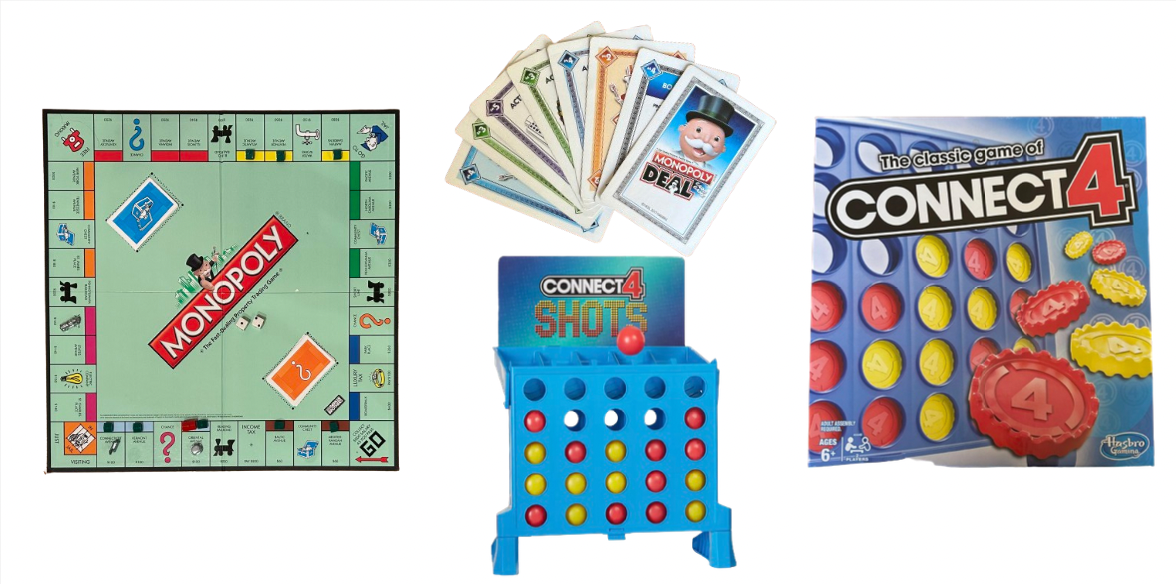
Earlier today, a friend of mine introduced me to Retro Bowl, a mobile phone game where you play a pixelated version of football. For the rest of the school day, and about three hours after school, I was transfixed by the moving pixels, yelling at my phone about how slow my receivers were. By the time I stopped to look at my phone, I had wasted the majority of my night on my virtual team, and while I had just won the Retro Bowl, I had accomplished nothing of what I aimed to do that night.
Now, this isn’t the first time I have gotten transfixed by a phone game. You’re listening to an avid Clash Royale player who at one point reached 6300 trophies (I do run a goblin barrel deck, no judgement allowed). Before that, it was Pokemon Go, Fruit Ninja and Doodle Jump. I know I can’t be the only one who played Brick Breaker on their parent’s black berry. What I’m trying to say is that I, and our generation as a whole, have a problem. These games are made to suck our attention, and they’re awfully good at it.
The leveling up, the bright colors and the ever present help icon who compliments your progress are all examples of rewards that trigger the pleasure center in our brain. These small rewards cause us to crave more — and forget about homework. The creators of these games know this, so they include as many mini achievements and prizes as possible. As difficult as it sounds, we have to snap out of the hypnotism that is the app store.
Now, I’m not asking to limit total screen time or throw your phone away. Just call yourself out when you find yourself going down a rabbit hole. Much like watching a single YouTube video can turn into waking up and finding a video of those guys building homes out of mud playing on your computer, it’s easy to get lost. I’m not going to stop playing Retro Bowl or whatever game comes out in two months, but I will stop myself when I feel my eyes getting tired from watching a screen.















